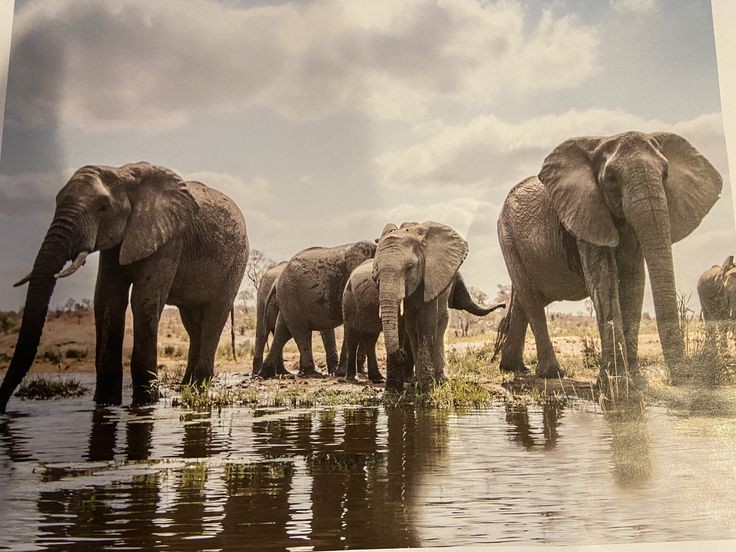Botswana’s proposal to send 20,000 elephants to Germany has sparked global debate, marking an extraordinary twist in wildlife conservation and international diplomacy. This move, made by President Mokgweetsi Masisi, is more than just a gesture; it’s a profound statement in a growing dispute over the import of hunting trophies, a matter that has pitted Botswana against one of its significant European critics, Germany.
The Root of the Dispute
Germany, under the influence of its Environment Ministry and notably the Green Party’s Steffi Lemke, has been considering stricter regulations on the importation of hunting trophies. This move aims to curb poaching but has inadvertently ignited a debate on conservation practices and their implications. Botswana, renowned for its robust elephant population, which is now pegged at around 130,000, views hunting as a critical tool for managing this population and preventing what President Masisi describes as a “plague” of overpopulation.
Botswana’s Stance
Botswana’s frustration stems from the perceived disconnect between international conservation ideals and the on-the-ground realities of living alongside such a large elephant population. President Masisi’s comments in the German daily Bild were not just rhetorical; they underscored a deep-seated challenge that Botswana faces – managing the delicate balance between conservation and human-wildlife coexistence. His bold proposition to “gift” elephants to Germany is a critique of what he sees as a simplistic and detached approach to conservation policy by foreign entities.
The Impact of Hunting Trophies Ban
The potential ban on hunting trophies has significant implications for Botswana. Since lifting its ban on trophy hunting in 2019, hunting has been reintegrated as a crucial component of the country’s wildlife management and economic strategy. The funds from trophy hunting are vital for conservation efforts and for supporting local communities who bear the brunt of living in proximity to wildlife. A ban, as proposed by Germany, threatens this balance, risking both economic and ecological harm.
Conservation, Culture, and Economics
The controversy goes beyond mere numbers; it touches on the complexities of conservation in the 21st century, where cultural practices, economic realities, and global ecological concerns intersect. Botswana’s approach, combining trophy hunting with efforts to translocate elephants to areas like Angola and Mozambique, reflects a multifaceted strategy to manage its elephant population sustainably.
Looking Forward
The dialogue between Botswana and Germany, despite the current tensions, is a critical component of a larger conversation on global wildlife management practices. Both nations, albeit from differing perspectives, highlight the urgent need for sustainable, ethical, and effective conservation strategies. As these discussions evolve, the international community’s challenge will be to reconcile these varying viewpoints into a cohesive strategy that respects both the sovereignty of nations like Botswana and the global imperative to protect our planet’s biodiversity.
Botswana’s proposal, while unlikely to materialize, serves as a powerful call to action for a more nuanced, informed, and cooperative approach to conservation—a reminder that, in the quest to save our planet’s majestic wildlife, one size does not fit all.

Leave a Reply
You must be logged in to post a comment.